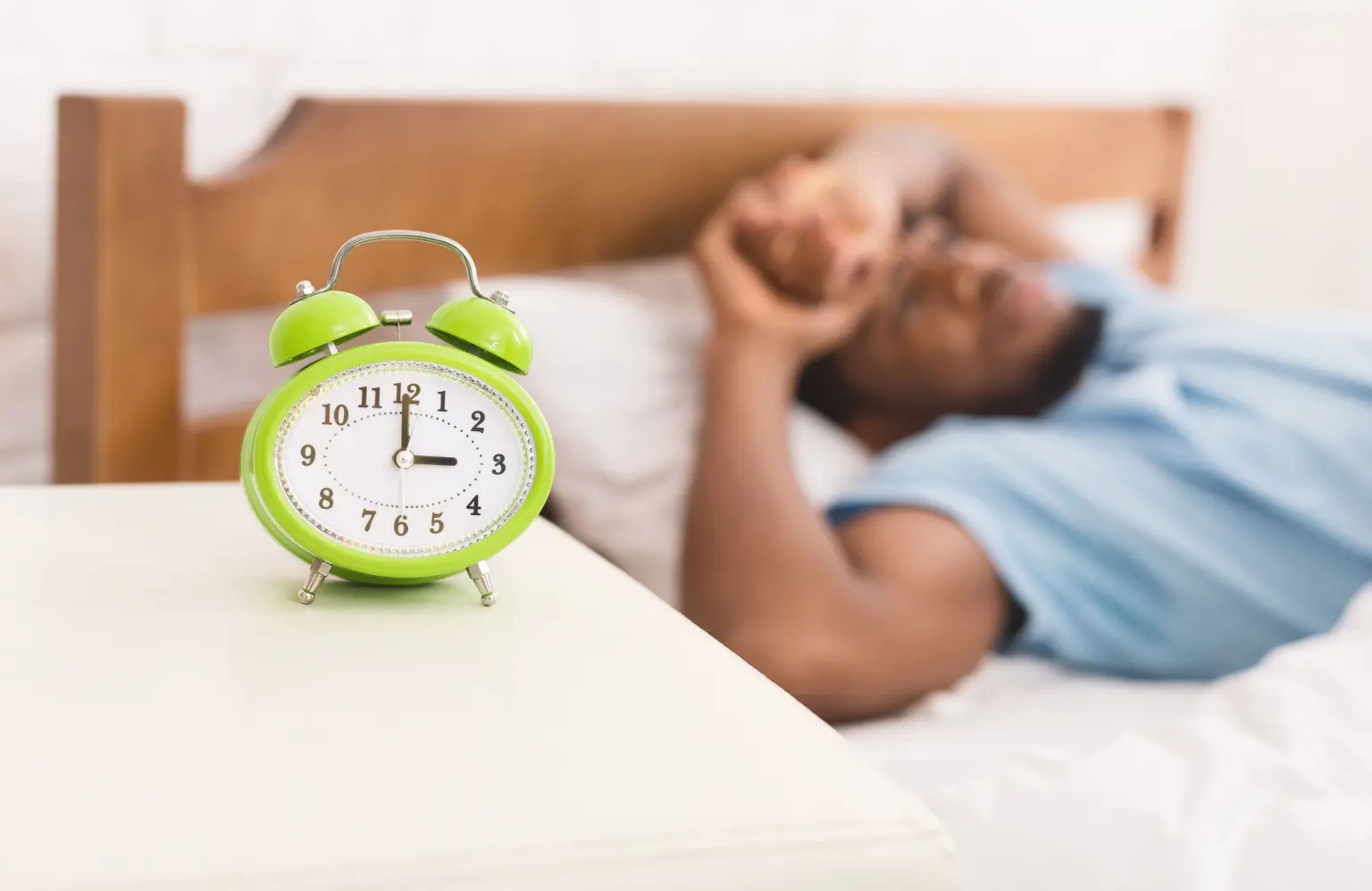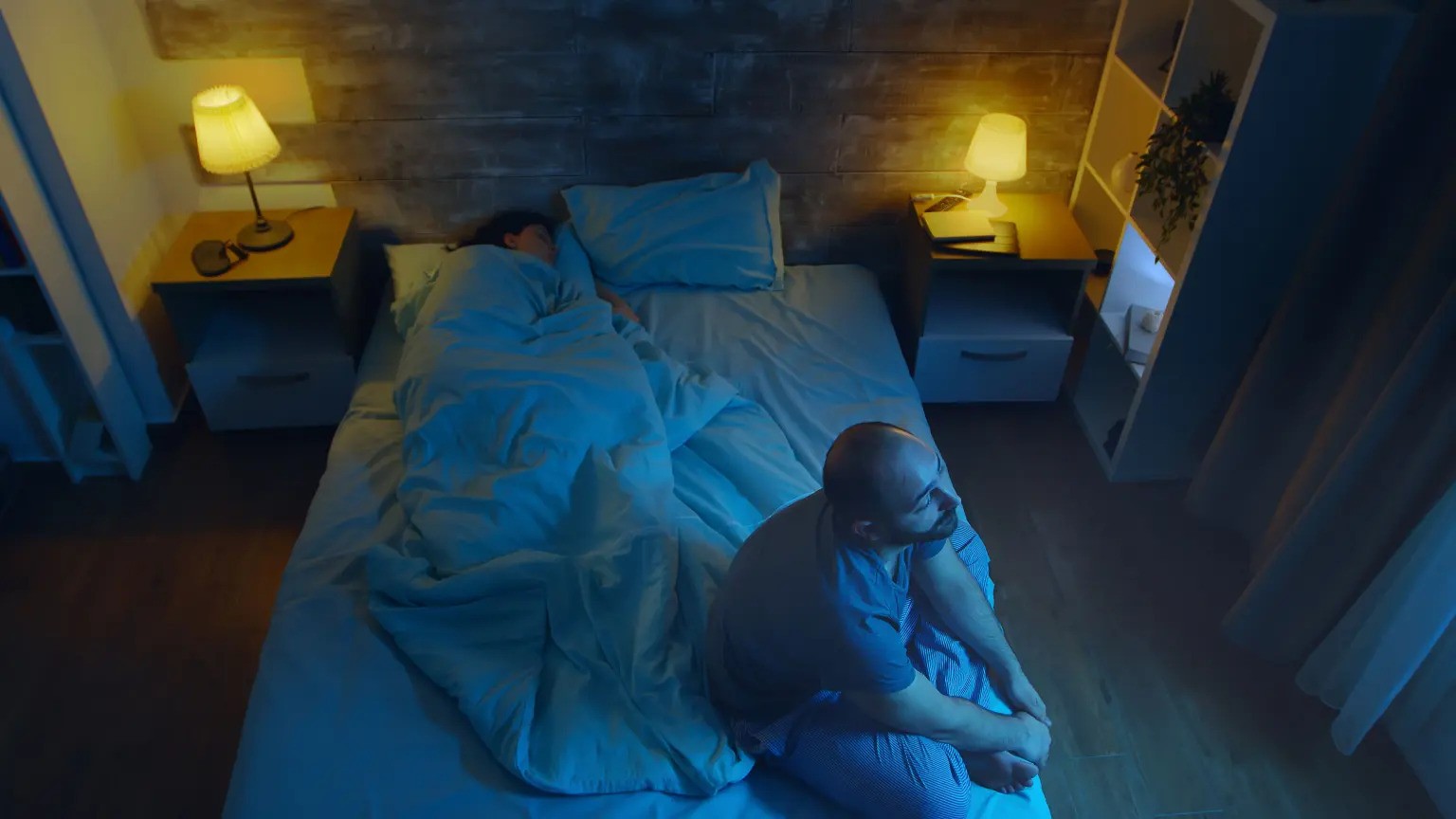As men age, it’s common to experience a dip in energy and vitality. Surveys show that fewer than half of men rate their physical, mental, and sexual health as excellent or very good. But experts agree—men don’t have to settle for low energy or fatigue.
Dr. Brynna Connor, M.D., a Texas-based physician specializing in anti-aging and regenerative medicine, notes that despite natural changes that come with aging, there are effective solutions. “While it’s true that aging brings changes in hormone levels and metabolism, it’s a misconception that nothing can be done about feelings of fatigue or a lack of energy and vitality,” she explained to Fox News Digital. “So much can be done in this area to ensure that we age gracefully.”
1. Hormonal Imbalances
A major culprit behind men’s declining energy is hormonal imbalance, specifically testosterone.
Dr. Connor points out that “testosterone levels naturally decline as men age, which can contribute to a lack of energy or feelings of fatigue.”
In fact, testosterone replacement therapy can help those experiencing low levels. However, the American College of Physicians advises that doctors should only prescribe testosterone therapy to men with age-related low testosterone to treat sexual dysfunction.
Before beginning hormone therapy, men should weigh the benefits and risks with their doctor to make an informed decision.
2. Sedentary Lifestyles

Physical inactivity plays a significant role in energy loss. “When the body doesn’t get enough exercise, it doesn’t release endorphins, neurotransmitters that help improve mood and reduce stress,” says Dr. Connor. “When there’s a lack of activity, the cardiovascular and muscular systems start to become deconditioned, and the body also doesn’t get as much oxygen, which can lead to feelings of fatigue.”
Mark Edwards, a fitness trainer based in Tokyo, has a simple mantra for his clients: move more, preserve muscle. “The usual response from sedentary individuals is, ‘I’m too tired to exercise,’” he told Fox News Digital. “Well, the reason you’re tired is because you don’t move. Also, loss of muscle mass as we pass 40 is a huge factor in loss of vitality.”
Edwards recommends starting slow, focusing on resistance training with a professional coach, and gradually building a movement routine. “The more you exercise, the more energy you’ll have. Movement is the secret sauce to more vitality, more energy, and a longer, more independent life.”
3. Lack of Sleep
Poor sleep is another major contributor to low energy. “Quality sleep is essential for overall health, so it’s no surprise that a lack of sleep can contribute to feelings of fatigue or reduced vitality,” says Dr. Connor.
She adds that insufficient sleep impacts both physical and mental health, leading to brain fog and poor decision-making. Edwards also highlights that poor sleep is linked to overeating. “Research shows that the day following poor sleep, appetite increases significantly.”
Experts recommend turning off electronic devices an hour before bed and finishing your last meal before 7 p.m. to improve sleep quality. Aim for at least seven hours of sleep each night to feel energized.
4. Poor Diet and Nutrition
It’s true what they say: you are what you eat. “The body is fueled by what goes into it, and if it’s not getting the vitamins, nutrients, or enough protein to produce adequate energy, it can lead to feelings of fatigue and a lack of energy and vitality,” Dr. Connor states.
Dr. Sulagna Misra, founder of Misra Wellness, suggests a diet high in nutrients, low in refined sugars, and rich in fiber. She advocates for preparing clean, healthy meals at home, adding that prebiotics and probiotics can improve gut health and boost mood. “Studies have shown that Lactobacillus rhamnosus (a gut-friendly bacteria) can help decrease inflammation, improve dental health, boost mood and improve overall gut health,” she said.
Peptide supplements may also help some men. “More studies are unfolding related to their role in inflammation, sleep, cognition, and gut health,” Dr. Misra adds, but she advises consulting a doctor before starting supplements.
5. Unmanaged Stress

Stress, whether physical, mental, or emotional, can take a toll on energy levels. “When the body experiences stress, it releases cortisol and adrenaline, and over time, the constant excess release of these hormones can be mentally and physically exhausting,” explains Dr. Connor.
Chronic stress can also deplete essential micronutrients like B vitamins and magnesium, making it harder for the body to metabolize protein for energy. Engaging in stress management techniques like meditation, yoga, and therapy can help, as well as incorporating regular exercise and quality sleep into your routine.
6. Neglecting Health Care
Many men tend to avoid seeing a doctor until they experience serious symptoms. Dr. Rich Joseph, national director of performance medicine at Restore Hyper Wellness, urges men to prioritize preventative care. “Men should make preventative care a habit, and that includes regular visits to a medical professional to have an annual physical and blood work performed.”
Dr. Connor adds that men in their late 30s and early 40s, in particular, should pay attention to any noticeable health changes, such as sudden weight fluctuations or loss of interest in activities. These could signal deeper health issues. “A medical expert can help identify the cause of the lack of energy and create an individualized course of treatment for their patients’ needs,” she says.
By taking proactive steps and addressing these six factors, men can reclaim their energy, vitality, and overall health.



